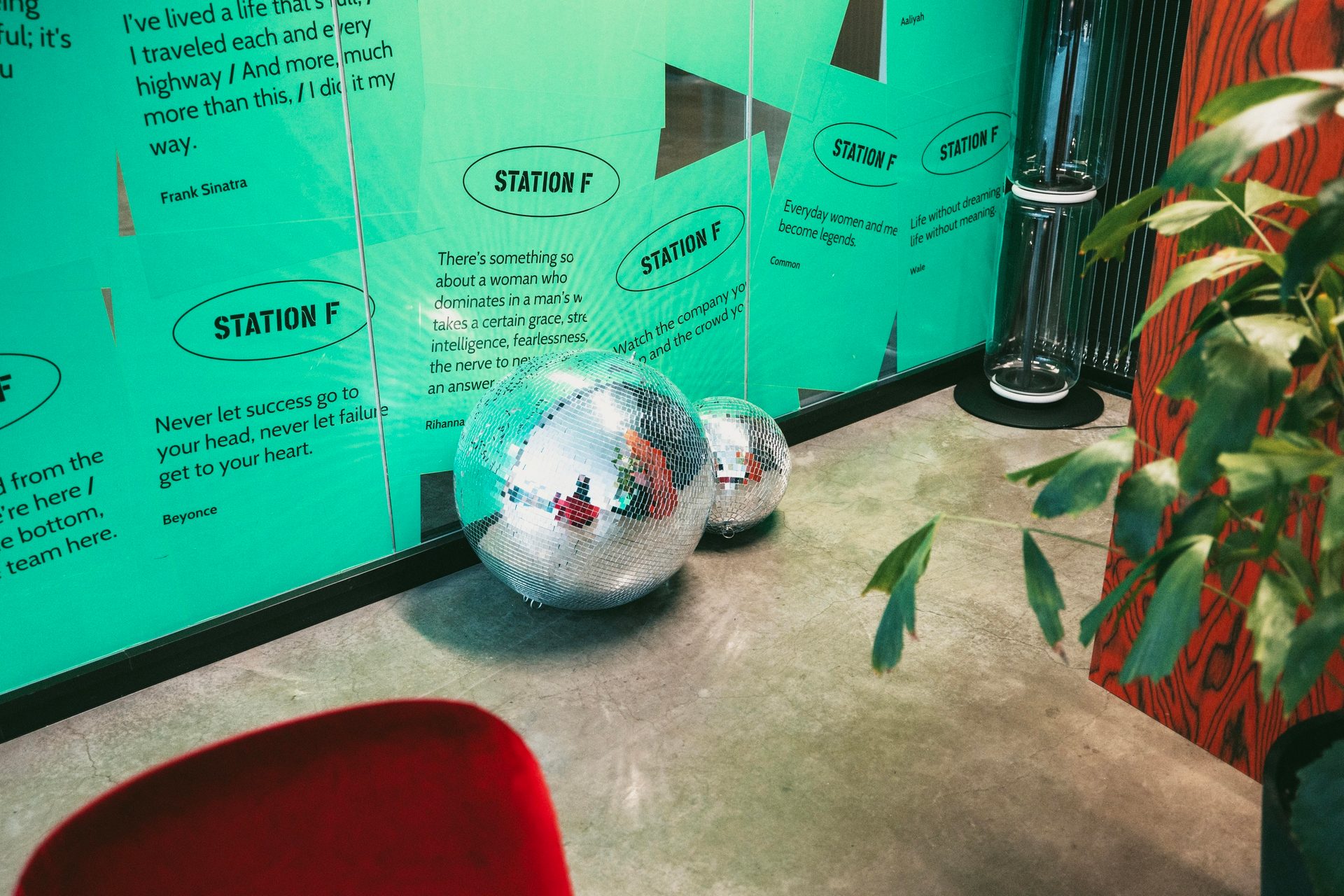CHAPTER 6
METHODOLOGY
future of open innovation

Future of Open innovation
Chapter 5
As AI continues to evolve at speed, its influence is reshaping the future of Open Innovation. With three-quarters of corporates planning to collaborate with startups in the next two years — and nearly two-thirds focusing on AI projects — AI is set to drive Open Innovation’s next chapter, making effective implementation more critical than ever.
The future of Open Innovation is increasingly defined by AI. As the technology becomes central to business strategy, corporates are intensifying efforts to partner with startups that can fast-track AI integration and unlock new growth opportunities.
76% of corporates say they will collaborate with startups in the next 24 months, while 63% of corporates plan AI-focused Open Innovation projects – by far and away the number one topic of interest for future Open Innovation.
Generative AI, in particular, is capturing corporate attention, leading the agenda as companies seek to harness its transformative potential.
This growing focus on AI is not just about keeping pace with technological change — it’s about staying competitive in a landscape where speed and innovation are critical. Startups, with their agility and specialised expertise, have become key enablers of this shift.
70% of corporates that have already engaged in AI collaborations say startups are crucial to their AI strategies, helping them navigate complexity, accelerate deployment, and shape future capabilities. As AI becomes more embedded in core operations, the role of startups in driving this evolution will only expand.

of corporates will collaborate with startups
in the next
24 months
76%

34%
of those who have never worked on Open Innovation projects want
to start
By fostering European collaboration between corporates and startups, we strengthen a dynamic and interconnected ecosystem where ideas flow freely, enabling groundbreaking advancements. Open Innovation accelerates the development of disruptive technologies, empowers startups, and enhances industry leadership. A unified approach ensures Europe remains at the forefront of global innovation, driving sustainable growth and resilience. Through collective expertise and shared resources, we cultivate an adaptable and competitive economy, solidifying Europe's position as a leader in pioneering solutions for tomorrow.


Anita Krohn
Vice-chair, European Innovation Council Board

Maya Noël, CEO, France Digital
Open Innovation can help us solve some of our most challenging problems and promotes collaboration with partners across different sectors to look for new and exciting ways of doing things to make a difference to people’s lives. We’ve worked with brilliant innovation partners to help us make London a better place to live, work and visit in line with the Mayor’s Transport Strategy.


Christina Calderato
Director of Strategy, Transport for London

Interest in Open Innovation is accelerating
More than a third (34%) of those who have never worked on Open Innovation projects want to start and more than half (54%) of those already collaborating will have an even greater focus on Open Innovation in the coming years.



Jan Aril Sigvartsen, AI Lead, Sopra Steria Norway
Areas of future collaboration
The areas of future collaboration are the same in years to come as they are now – namely AI, cybersecurity and sustainability.




of those already collaborating will have a greater focus in the future
54%
Top topics for future collaboration by country
When asked who will drive the development of AI, both startups and corporates believe big tech firms will drive the AI development (62% and 57% respectively), while only 26% of corporates and 32% of startups believe it will be small, innovative companies that will drive forward AI development.
Although most agree it will be Big Tech which breaks new ground on AI solutions, almost three-quarters (70% ) of corporates who have already run Open Innovation projects believe startups will be crucial in executing their AI strategy, seeing AI startups as “key partners” for driving their future innovation. All this despite 8 out of 10 corporates saying they have existing internal AI capabilities.

Switzerland
Norway
Belgium
Generative AI

Sweden
Blockchain

Switzerland
Mixed Reality/VR

UK
Quantum

Spain
France
Cyber security
Belgium

UK
Norway
Sustainability
Alicia Calvo, Executive Director of Consulting, Sopra Steria Next
Success requires persistence and a desire to lead the pack
The longer a corporate has worked on Open Innovation, the more realistic their approach and expectations on what can be achieved becomes. This is reflected not only by an increased willingness for future collaborations among those already collaborating but also an acceptance of the gap between an organisation's existing competencies, assets and needs.
In today’s fast-paced technological landscape, speed is crucial for building resilience and sustaining competitive advantage.
Corporates must integrate Open Innovation into their overall business strategies to keep pace with rapid change.
Those that isolate innovation risk falling behind, while businesses that embrace open innovation demonstrate adaptability, foster continuous learning, and strengthen their position for long-term success.

want to run AI collaborations in the future
63%
The end of the beginning for Open Innovation is over. Rather than an option, this is now an essential component for corporates seeking to keep apace with the rapidly evolving technological landscape.


Tobias studer andersson
Innovation Director & Group Head of Sopra Steria Scale up

